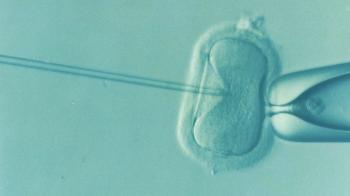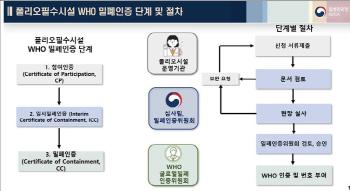How to prevent food poisoning in the summer?
Aug 01, 2025
|
According to statistics from the Ministry of Food and Drug Safety and the Food Safety Administration, the number of food poisoning cases reached 310 in the first six months of this year, and the total cumulative number of patients reached about 5,500.
Professor Choi Ah-reum of the Department of Gastroenterology at Ewha Womans University Seoul Hospital explained, `If the humidity is high and the hot weather persists, bacteria and viruses such as salmonella and pathogenic E. coli multiply rapidly.'
Representative bacteria that cause food poisoning in the summer are 'Salmonella' and 'pathogenic E. coli'.
Salmonella can be transmitted primarily through raw or undercooked eggs, or through foods sourced from eggs. Pathogenic E. coli is often infected through raw vegetables or undercooked meat consumed without heating.
Eating food infected with salmonella can lead to dehydration if severe, along with food poisoning symptoms such as fever, abdominal pain, vomiting, and diarrhea.
The first step in preventing food poisoning is to wash your hands correctly. After going out, after going to the bathroom, before cooking food, and after touching contaminated clothes or bedding, you must use soap or hand sanitizer to wash your hands meticulously for more than 30 seconds.
As food poisoning in restaurants has accounted for more than half of the total over the past five years, special attention is needed to purchase and store ingredients.
Professor Choi Ah-reum "In particular, Salmonella food poisoning can be transmitted through eggs, so when purchasing eggs, you should choose fresh products with unbroken shells and carefully check the spawning date and expiration date indicated on the eggs. It is important to immediately put the purchased eggs in the refrigerator and store them separately from other ingredients."
To prevent food poisoning, it is important to cook and consume food ingredients hygienically. Poultry such as eggs, chickens, and ducks should be cooked and eaten at sufficient temperatures, and after handling ungroomed food ingredients, you should not touch other foods without washing your hands to prevent infection from cross-contamination.
Professor Choi emphasized that "food poisoning can be recovered naturally within 5 to 7 days in most cases, but it can lead to complications or other infectious diseases for children, the elderly, and patients with underlying diseases. If symptoms persist or you have bloody excrement, high fever, severe abdominal pain, it is important to visit a hospital and receive proper treatment without delay."
|
This article was translated by Naver AI translator.















